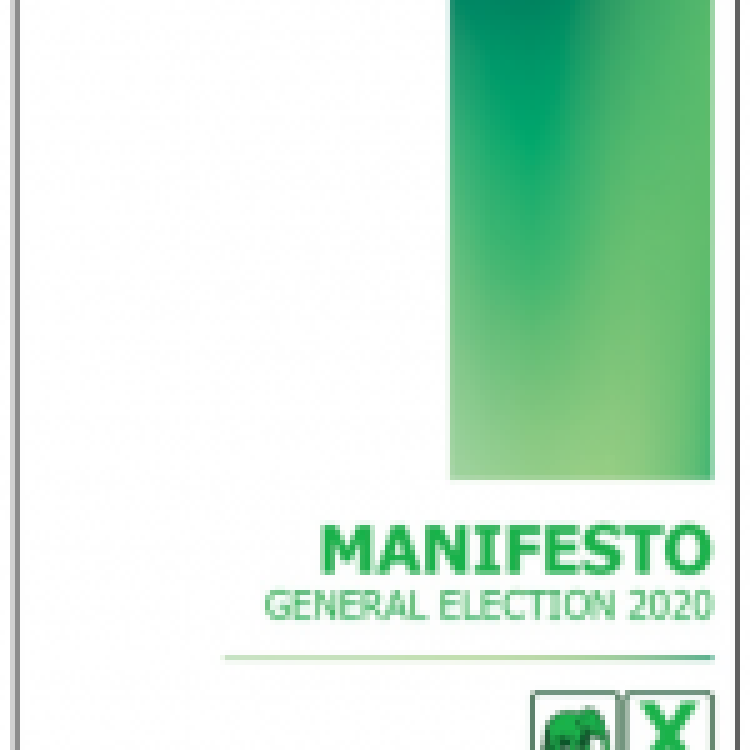“The army is going door-to-door collecting young people’s personal information supposedly for government jobs’’ claimed Vijayakala Maheswaran, a former foreign minister and United National Party (UNP) candidate, during an election campaign meeting in Inuvil last week.
‘‘The army is not required to collect this information in order to provide government employment. This practice must be stopped immediately. Such events did not take place during the United National Party’s governance’’ she added.
The former MP went on to say ‘‘the army was previously only involved in homeland security. However, military intervention is currently increasingly predominant in the daily activities of citizens. These procedures must be stopped.’’
Despite Maheswaran’s claim, military surveillance of Tamils in the North-East continued during the UNP’s time in power between 2015 and 2019. For instance, in May 2019 the Sri Lankan army ordered former LTTE cadres in Jaffna to provide information about foreign individuals and new inhabitants in the area in May 2019.
A report by the London-based charity Freedom From Torture released a report in 2019 explaining ‘‘Several people – all of whom lived in the Northern Province – described a situation of ongoing surveillance of the Tamil population by the Sri Lankan authorities through spot checks at people’s homes, or at checkpoints, where they were asked for proof of formal processing at the end of the war.’’
Since the Rajapaksas came back to power, the Sri Lankan army have been offered various additional powers allowing for increased surveillance and militarisation of the country, predominantly in the North and East. War criminals such as Shavendra Silva have been honoured with higher ranks; an all Sinhala Buddhist task force including military personnel was established in the East of Sri Lanka to ‘preserve the historical heritage of Sri Lanka’; it was recently announced that the army would be taking control over the issuing of driving licenses from next year; and the overall presence of the army has increased in the North and East.

